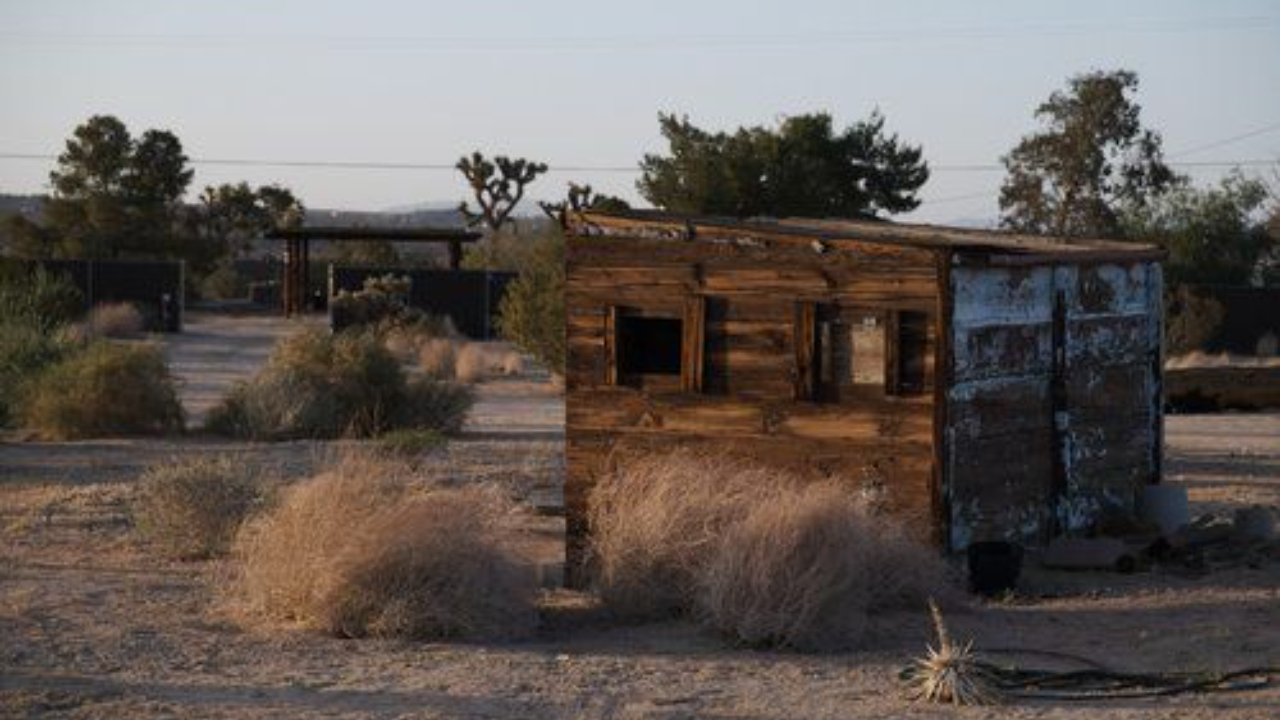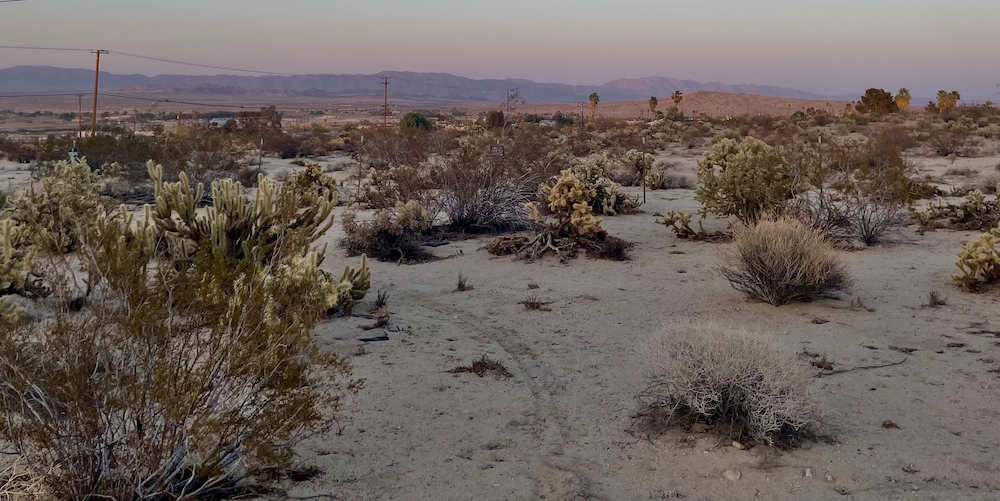HOW TO FIND LAND FOR DEVELOPMENT
Nov 18, 2023
Investing in land can be a lucrative venture, offering a variety of opportunities for those seeking to build their dream homes, develop commercial properties, or engage in other real estate projects. Among the different land categories, raw land development stands out as a strategy with great potential. However, the prospect of finding the right piece of vacant land for development can be overwhelming, especially for beginners. Today, we'll delve into practical tips on how to find land for development successfully.
HOW TO FIND LAND FOR DEVELOPMENT
Look in Established Neighborhoods
When searching for land to develop, don't underestimate the value of established neighborhoods. Often, these areas have hidden gems waiting to be discovered. Contact local real estate agents, explore neighborhoods with potential, and keep an eye out for vacant lots or properties with development potential.
Get to Know the Area
Familiarity with the area is crucial when looking for land for development. Consider the proximity to amenities, schools, and transportation hubs. Investigate local zoning regulations and land use policies to ensure your development plans align with the area's vision. Engaging with the community can provide valuable insights into the local atmosphere and potential challenges.
Search Online Land Listings
The internet is a powerful tool for finding land for sale. Explore online platforms that specialize in real estate listings, including both general real estate websites and those specifically tailored for land transactions. Utilize filters to narrow down your search based on location, size, and other relevant criteria.
Evaluate Economic Feasibility
Assessing the economic feasibility of a potential development is crucial. Consider factors such as job opportunities, population growth, and the overall economic health of the area. Understanding the market trends and demand for development in a specific location will help you make informed decisions about the viability of your project.
Due Diligence is Key
Before finalizing any land purchase, thorough due diligence is essential. Investigate the property's title, ensuring there are no liens or legal issues. Confirm the availability of utilities and assess any environmental considerations. Work with local utility companies to understand the cost and feasibility of connecting to essential services.
WHAT TO LOOK FOR WHEN FINDING LAND FOR DEVELOPMENT

Topography and Soil Quality
Assess the land's topography and soil quality to determine its suitability for construction. Flat or gently sloping terrain is often preferable, and soil that is stable and well-draining is essential. Conduct soil tests to identify potential challenges that may arise during construction.
Zoning and Land Use Restrictions
Zoning regulations and land use restrictions vary from one area to another. Ensure that the land you're considering aligns with your intended use. Check for any restrictions on building height, setbacks, or specific land uses that may impact your development plans.
Accessibility and Infrastructure
Consider the accessibility of the land. Proximity to roads, highways, and public transportation can significantly impact the success of your development. Additionally, assess the availability of infrastructure such as water, electricity, and gas, and factor in the cost of connecting to these services.
Environmental Impact
Be aware of any environmental considerations that may affect your development. Wetlands, endangered species, or other environmental factors can impact the feasibility and timeline of your project. Conduct environmental impact assessments to identify and address potential issues.
Future Development Potential
Research the area's master plans and future development projects. Understanding the local government's vision for the region can provide insights into potential growth and changes that may impact the value of your land over time.
In conclusion, finding land for development requires a strategic approach and careful consideration of various factors. By conducting due diligence, understanding the local landscape, and evaluating economic feasibility, you can make informed decisions that pave the way for successful development projects. Remember, working with a real estate agent and utilizing online resources can streamline the process, helping you find the perfect piece of raw land for your next venture. For more information, see my blog “Buying Land in the Desert”.
For a more personalized approach to your land development journey, consider working with me 1:1 in a consulting capacity. I offer tailored guidance and expertise to ensure your investment aligns with your goals. Book a complimentary discovery call to discuss how we can collaborate on your next real estate development project.
As you embark on your journey to find land to build, take the time to explore different properties listed on multiple listing services (MLS) and conduct thorough research to ensure your land purchase aligns with your long-term goals. Building a home or developing a property is a significant investment of both resources and time, and by following these tips, you can set yourself on the path to success in the world of real estate development. Book a call to discuss how I can help you find CA real estate as a licensed real agent with EXP Realty.


